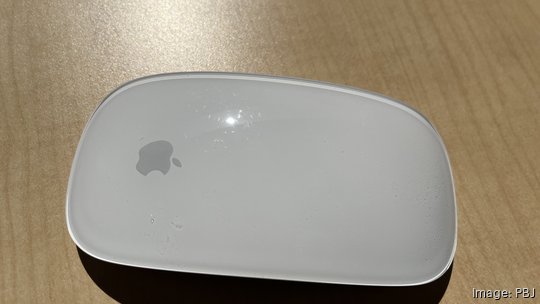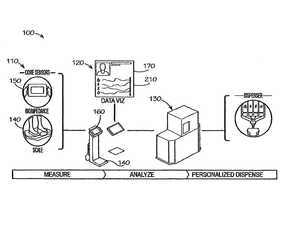
Oregon has a long track record of ingenuity.
Over the years, Oregon has helped move our country forward with a unique blend of innovation, competition, and grit. Just to name a few of the inventions for which we take credit:
- The Computer Mouse, invented in 1968 by Douglas Engelbart, a Portland native.
- The Hacky Sack, created in 1972 by John Stalberger and Mike Marshall, both Oregonians.
- The Phillips Head Screw and Screwdriver, invented by Portland native John P. Thompson in the 1930s.
- Waffle Soles, a 1972 technical breakthrough for athletic shoes by University of Oregon track coach Bill Bowerman, who with student-track-athlete Phil Knight founded Nike, Inc.
Innovations like these are made possible by the creativity of their inventor and are commercialized thanks to the protections afforded by America’s system of patent laws, which offer inventors an exclusive right to produce and sell their product.
Patent laws are critical for ensuring a competitive marketplace where the best ideas rise to the top. Patents are a form of monopoly, but they incentivize competition instead of discouraging it. A patent holder only has a monopoly for a limited period of time and patents do not play favorites when it comes to size. Whether you are a garage tinkerer or employee for a major tech company, you have an equal right to patent your invention.
Without those protections, fewer men and women would be driven to invent and bring their products to market. That wouldn’t just deny them the opportunity to get ahead – it would deny our entire society the opportunity to benefit from their creativity.
As a member of Congress from Oregon’s Fourth District, I spent years focused on making sure our economy grew through competition. I took on the online monopoly power held by big companies and supported legislation to bring down costs by promoting fairness and competition in the online marketplace.

Now, however, a new threat to competition is on the rise in the form of litigation investment, where hedge funds and other wealthy investors finance lawsuits in the hopes of securing the lion’s share of a settlement or a jury verdict. These investors often work through shell LLCs to target small inventors whom they know lack the resources to defend themselves in court. Intellectual property cases are among litigation investors’ favorite tools. After purchasing low-quality patents, the shell company plaintiffs assert them in lawsuits against inventors and companies that are actually creating jobs and growing the economy.
This practice, commonly referred to as patent trolling, is anti-competitive in nature and an abuse of the monopoly power that patents provide. It makes the American economy less competitive as a whole and tilts the playing field in favor of big investors that can afford a protracted legal battle. Smaller companies are forced to divert their precious resources away from research and development and production to pay for a legal defense or write a settlement check to make the troll go away.
Of course, in reality, the trolls do not go away. Instead, with the support of deep-pocketed investors they move on to target other inventors and companies in serial litigation campaigns, all in the hopes of driving their profit margins higher and generating larger and larger returns for their funders.
This is not how our economy or our legal system are supposed to work. Something must be done. In Delaware, Chief Federal District Judge Colm Connolly has started requiring any plaintiffs entering his courtroom to disclose which investors are bankrolling their case. Simple transparency measures like this have an outsized impact on discouraging anti-competitive lawsuits.
Other courts should do the same. Small inventors who find themselves on the receiving end of a frivolous lawsuit – and the public as a whole – deserve to know whether hedge funds or other wealthy special interests are manipulating our justice system to their own ends and discouraging competition in the process.
Oregonians know that our economy was built around the idea that with a little creativity and ingenuity, we all have an opportunity to succeed. It’s critical that we do more to ensure that small inventors and entrepreneurs are not subjected to anti-competitive lawsuits bankrolled by wealthy investors. Litigation investment transparency is a critical first step toward a more competitive economy where the most innovative inventors and businesses thrive.
Peter DeFazio served Oregon in the U.S. House of Representatives from 1987 until 2023.





